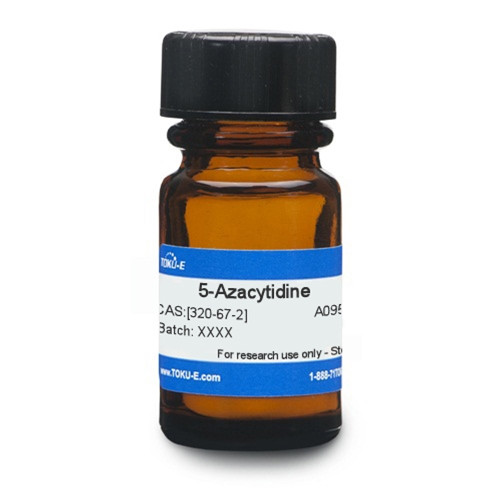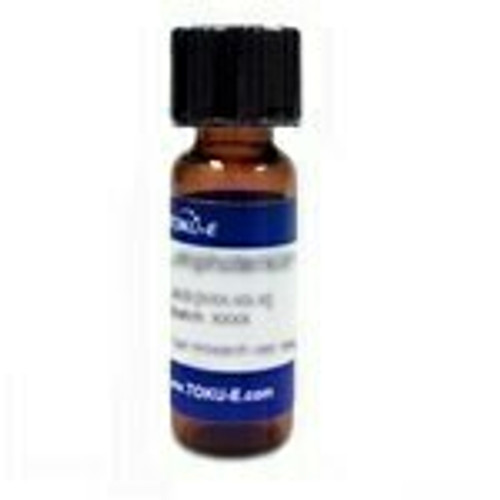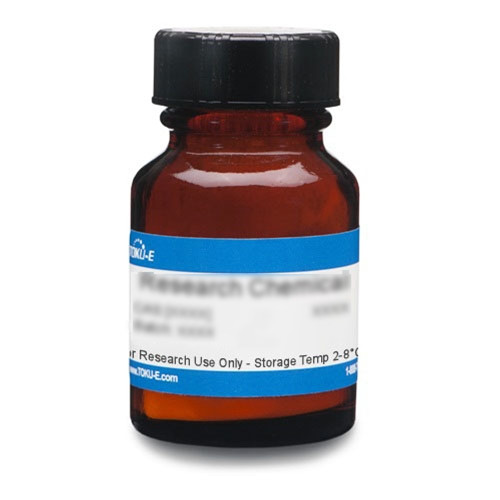5-Azacytidine is a ribonucleoside analog of cytidine. It was developed by Celgene as a potential chemotherapeutic agent. It is a potential bacteriostatic, anti-tumor and mutagenic agent. A DNA methyltransferase inhibitor that induces demethylation and gene reactivation, it also has immunosuppressive properties. In addition, it also has antimitotic and virostatic properties.
5-Azacytidine is soluble in water.
| Mechanism of Action | The mechanism of action of 5-azacytidine is currently debated; however, two likely mechanisms have been proposed. Because of its similarity to cytidine, 5-Azacytidine is believed to be incorporated into DNA and RNA of bone marrow at high doses. It results in inhibition of protein synthesis. At lower doses, 5-Azacytidine is thought to inhibit DNA methyltransferase activity leading to a decrease in DNA methylation. |
| Eukaryotic Cell Culture Applications |
5-Azacytidine (1 µM) can induce cardiac differentiation of P19 embryonic stem cells in cell monolayer culture, a useful model for studies of cardiac differentiation. They become high-efficiency cardiomyocytes (Choi et al, 2004). 5-Azacytidine caused marked inhibition of DNA methyltransferase and the DNA synthesized by HL-60 cells during the 24-hr period of analog treatment is essentially devoid of methylated cytosine residues. The changes induced are heritable and can influence gene expression generations after treatment has been terminated (Christman et al, 1983). |
| Cancer Applications | 5-Azacytidine is a potential chemotherapeutic agent for acute myelogenous leukemia (AML) but due to its toxicity, other nucleoside analogs were favored. When it was found that it can inhibit DNA methylation, it could be used to demonstrate the loss of methylation in specific gene regions. These mechanistic studies can be used to develop less toxic inhibitors of DNA methylation (Christman, 2002). |
| Molecular Formula | C8H12N4O5 |
| References |
Choi S et al. (2004) 5-Azacytidine induces cardiac differentiation of P19 embryonic stem cells. Exp. Mol. Med. 36:515–523 Christman JK (2002) 5-Azacytidine and 5-aza-2'-deoxycytidine as inhibitors of DNA methylation: Mechanistic studies and their implications for cancer therapy. Oncogene 21(35): 5483-5495 PMID 12154409 |








